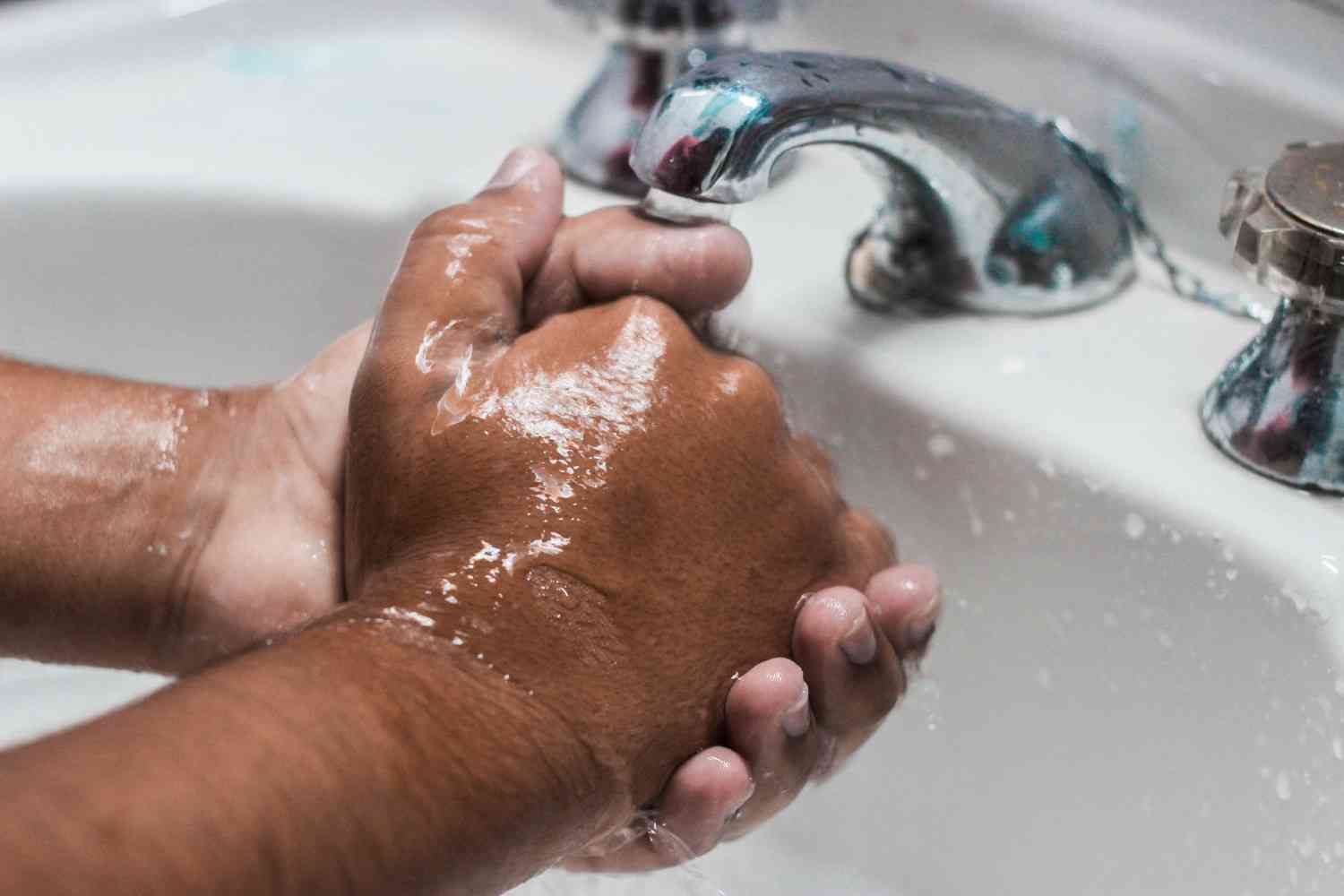Preventive Healthcare
Understanding Hand Hygiene: Diseases, Prevention & How Do Germs Spread?

Table of Contents
Hands are the most versatile tools we possess, helping us complete even the simplest of tasks with ease. However, our hands can also serve as carriers for germs and bacteria that could cause diseases to spread quickly. That is why practising good hand hygiene is crucial in maintaining personal and public health. In this blog post, we will explore the science of hand hygiene, understand how germs spread, discover the importance of proper hand-washing techniques and provide tips on how to prevent diseases from spreading through your hands.
Science of Hand Hygiene
The science behind hand hygiene lies in understanding how germs transmit from one person to another. Germs can be transmitted through physical contact, such as shaking hands or touching contaminated surfaces, or through airborne transmission through coughing and sneezing.
The skin on our hands is home to millions of bacteria, both good and bad. Good bacteria help protect us against harmful pathogens, but when we touch contaminated surfaces, harmful bacteria can accumulate on our hands. These bacteria can cause illnesses such as the common cold, flu, stomach viruses and even more serious infections like MRSA infection.
Importance of Hand Hygiene
Hands are a primary mode of transmission for many communicable diseases such as respiratory infections, gastrointestinal illnesses and skin infections. Washing your hands before eating, after using the bathroom, handling garbage or touching animals will help protect you from getting sick.
Timely hand hygiene also protects others around you by preventing exposure to infectious agents that may be present on your hands. This is particularly important in healthcare settings where vulnerable patients need extra protection against infections.
How Do Germs Spread?
Germs can be transmitted through direct or indirect contact with infected individuals. Direct transmission occurs when an infected person coughs, sneezes or talks close to another individual. Indirect transmission happens when we touch contaminated surfaces such as doorknobs, countertops and cell phones.
Once germs enter the body, they reproduce rapidly and trigger an immune response that leads to illness. Some viruses like influenza can live on surfaces for up to 24 hours, making it easy for others to become infected. Good hand hygiene is one of the most effective ways to prevent the spread of germs.
How to Prevent the Spread of Germs?
Preventing the spread of germs is crucial in maintaining good hand hygiene. Regular hand washing with soap and water for at least 20 seconds breaks down the lipid membrane that surrounds many types of germs, including SARS-CoV-2 (the virus that causes COVID-19), effectively killing them off so they are no longer able to infect others.
Additionally, alcohol-based hand sanitisers containing at least 60% alcohol are effective against most types of germs if used properly. Another effective way to prevent the spread of germs is by avoiding touching your face with unwashed hands. Your eyes, nose and mouth are all pathways for viruses and bacteria to enter your body. By not touching these areas with contaminated hands, you decrease your risk of getting sick.
In addition to washing your own hands regularly, it is important to encourage others around you, especially children, to practise good hand hygiene as well. You can do this by setting a positive example yourself and reminding them often about the importance of keeping their hands clean.
It is essential to disinfect frequently touched surfaces such as doorknobs, light switches, phones, keyboards and other electronic devices regularly using an appropriate cleaning solution that kills germs. These surfaces harbour harmful pathogens, which can easily transfer onto our skin when we touch them without realising it.
By taking these simple steps towards preventing the spread of germs through proper hand hygiene practices both individually and collectively in society, we will minimise illnesses caused due to poor sanitation habits, thus improving overall health standards!
Diseases Spread Due to Poor Hand Hygiene
Poor hand hygiene can lead to the spread of various diseases, which could potentially have severe consequences on our health. One of the most common diseases that result from poor hand hygiene is gastrointestinal infections, such as norovirus and salmonella. These illnesses are often caused by consuming contaminated food or water, which may occur when someone with dirty hands handles food.
Respiratory infections like colds and influenza can also be transmitted through inadequate hand hygiene practices. When people cough or sneeze into their hands without washing them properly afterwards, they enable germs to spread quickly.
Infections like conjunctivitis or pink eye are usually caused by touching one's eyes with unclean hands. The condition causes inflammation of the outermost layer of the eye and the inner surface of the eyelids. It can cause itching, redness, discharge and blurred vision.
The hand-foot-mouth disease is another contagious viral infection that spreads through contact with surfaces contaminated by infected faeces or respiratory secretions. Proper handwashing techniques should be used after using bathrooms since it could prevent this illness from spreading further.
Therefore, it is essential to practise proper hand hygiene regularly not only for your benefit but also for others around you who might suffer due to your negligence in maintaining cleanliness around yourself.
Final Take
Hand hygiene is a crucial aspect of our daily lives. By keeping our hands clean and sanitised, we can prevent the spread of harmful germs and diseases that can cause serious health problems. The science behind hand hygiene teaches us how easily germs can be transmitted from person to person through touch or contact with contaminated objects. By following simple steps like washing your hands frequently, avoiding touching your face and using hand sanitiser when soap and water are not available, you can protect yourself and those around you from illnesses caused by poor hand hygiene practices.
If you or someone you know has been dealing with illnesses related to poor hand hygiene, it is essential to do the necessary tests as prescribed by your doctor. Metropolis Healthcare Labs is the go-to place for all your diagnostic needs. Our pan-India network and modern facilities make it easy for you to get accurate and quick results. You can also book a home visit from our expert staff. This is apt for those who want the test results to be delivered to you without having to go to one of our diagnostic centres. Contact us to learn more about anything we can do for you!





















